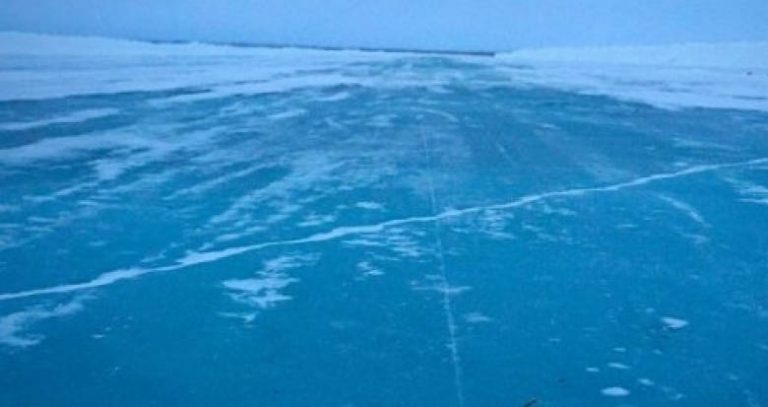
Tlicho Government, provided to CBC, Whati Road
UPDATE: CBC story about GNWT interference, mentions CARC
Our letter to Premier of Northwest Territories
Government of the Northwest Territories
We have recently become aware that staff of the Government of the Northwest Territories (GNWT) has been petitioning one of its own Ministers over measures recommended to protect caribou along the proposed Whatì all-season road. As we understand the situation, in late March, the Mackenzie Valley Environmental Impact Review Board (MVEIRB) delivered their final report to the GNWT giving plans for the road a conditional green light but with a list of measures recommended be completed before the road can open. Several of those measures are designed to help protect boreal caribou, a species threatened in the NWT and one whose habitat will be crossed by the road.
As we understand it, the final decision to approve the project rests partly with the Honourable Louis Sebert, NWT Minister of Lands. We have learned that Michael Conway, the Department of Infrastructure’s Regional Superintendent for the North Slave, wrote to Mr. Sebert late last month expressing concerns over several of the recommended measures outlined in the MVEIRB report. These including those that suggest the need to implement a range plan for the North Slave Region as required by the Recovery Strategy for Boreal Caribou in the Northwest Territories (including monitoring and information requirements), those to establish a temporary no-hunting corridor along the project route and those that would offset caribou habitat lost to the road by providing new or improved caribou habitat equal in area to the length of the road plus a 2.5 kilometre buffer on either side of the road. Apparently, Mr. Conway questioned the need for the 2.5-kilometre buffer suggesting that it is above the industry standard and recommended the 500 metre buffer originally proposed by the developer. Mr. Conway also apparently warned the Minister that implementing these measures might significantly delay the opening of the road and expressed concern that the bigger buffer could result in costs greatly exceeding those that were estimated for the project and render the project unaffordable.
We have also learned that the North Slave Métis Alliance wrote to the GNWT late last month about the lack of funding required to allow them to adequately participate in the road’s environmental assessment. We understand that they further suggested that, since the GNWT is a proponent of the project, they have not been able to provide the usual independent feedback throughout the review process. This was echoed in the MVEIRB report where a limited amount of available evidence and expertise from GNWT departments about potential impacts, concerns and mitigations on issues surrounding caribou was noted.
Through our extensive work to protect caribou populations across the north, the Canadian Arctic Resources Committee has become extremely concerned that, under current territorial management policies, caribou populations have collapsed. We recognize that the decline in population may in part be due to natural cycles but, given the truth of climate change and increased industrial resource activity and shipping in the north, management policies to protect caribou need to be improved and more diligently applied to stop caribou populations from completely collapsing. The regulatory agencies responsible recommend conservation measures for caribou for the welfare of these animals and because they represent one of the most important sources of sustenance to the people of the NWT. When the GNWT undermines these actions, it damages its credibility and puts the benefits derived from caribou by its own people at risk. Not taking the plight of caribou seriously is therefore a decision in opposition to the responsible management of resources for the public good. Given the status of boreal caribou today, no actions should be taken to put these already threatened animals under a greater risk of depletion. This will only harm people living in the NWT.
In conclusion, we respectfully suggest that you support the measures recommended by the MEVIRB, thereby supporting their efforts to ensure that healthy populations of caribou continue to exist in the NWT. Moreover, we recommend that those agencies responsible for development of this and all further transportation infrastructure in the NWT should comply with the recommended regulatory conditions proposed by the responsible conservation agencies for the good of the land and the people of NWT.
